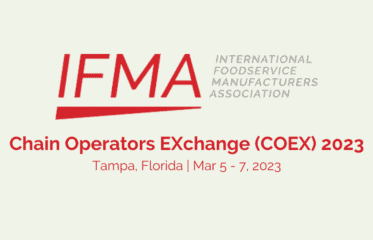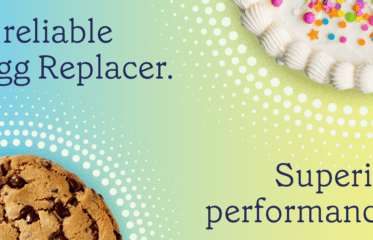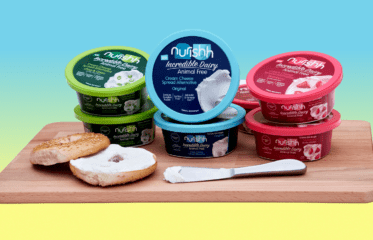Four Reasons to Love Animal-Free Dairy Products
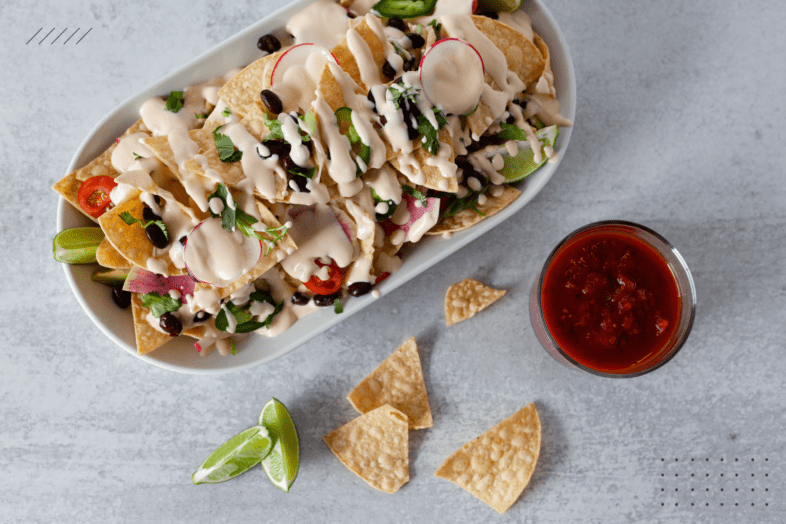
It seems like everyone is eliminating something or other from their diet or lifestyle. People have all kinds of reasons for making the dietary choices they do. For the animals! For the planet! For my health! Sometimes these choices mean sacrificing taste or choosing certain values over others. Not to mention, dietary restriction is hard! It’s easy to feel discouraged and stray from your principles when they mean living without the foods you love.
If we’ve learned anything from introducing animal-free dairy to the world, it’s the wide range of reasons people have for wanting animal-free foods. Read on to learn what motivates our work and why people all over the world ask us every day for animal-free dairy products at their local supermarkets.
1. Animal-free dairy foods are delicious and useful…

…whereas the dairy experience isn’t easily replicated with plant sources.
Ice cream, milk, cheese, yogurt, butter: these are just some of the products we’re asked about daily. It’s obvious that people love dairy! But dairy foods don’t just taste good, they do things. In home cooking and baking, dairy foods provide body, flavor, and richness.
Milk strengthens dough, adds moisture, and creates that beautiful golden-brown crust. It gives your latte a frothy crest. Cheese makes grilled sandwiches gooey and melty. Yogurt’s tart bite is offset by its silky mouthfeel.
All these attributes are specific to dairy, and they’re made possible by specific proteins. Unlike plant proteins, dairy proteins are built for coating fat droplets, stabilizing air bubbles, and holding moisture. These are the molecular functions that impart the flavors and textures we think of as dairy.
Consider ice cream. Did you know that the slower it melts, the better its flavor? It’s because dairy proteins emulsify (bind) fats, allowing for a slower melt rate and delivering more indulgent flavor. Fats from plants are not effective emulsifiers, and that’s why plant-based alternatives tend to be more icy and less creamy than dairy ice cream.
So since protein is what we love best about dairy, it’s what we at Perfect Day are obsessed with making. But in a new and better way.
2. Animal-free dairy offers high-quality protein, sans cow
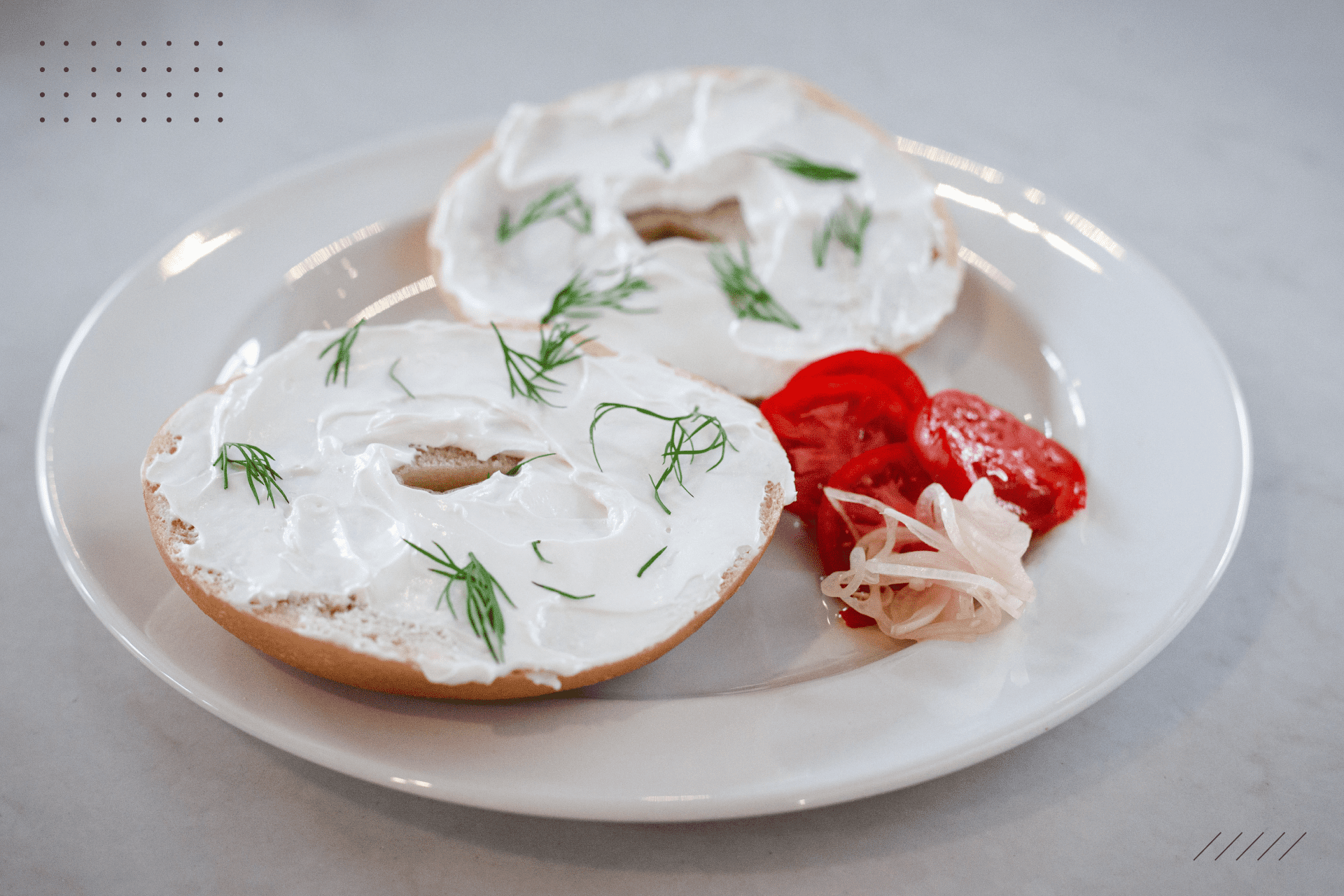
Protein is an essential nutrient in the human diet. It’s critical to building, maintaining, and repairing muscles, bones, and other tissue. Protein also contributes to satiety, which means that when you eat it, you’re less likely to be hungry for snacks in between meals.
Protein comes from many different sources, including plants — but not all proteins are equal. Milk protein is among the highest–quality protein available, providing the full spectrum of essential amino acids (these are critical amino acids that must come from diet because the human body can’t produce them).
By contrast, most plant proteins are considered incomplete sources of essential amino acids. Plants can be good sources of protein, but because most are limited by one or more essential amino acids, you have to eat more plants from a greater variety of sources to ensure you’re getting all the amino acids you need. Furthermore, dairy protein has higher bioavailability than most plant proteins, meaning it’s more readily absorbed by your digestive system than plant-derived proteins are.
Dietary protein quality is measured by the protein digestibility-corrected amino acid score (PDCAAS). PDCAAS assesses both the concentration of essential amino acids and their bioavailability. A higher PDCAAS indicates higher-quality protein, with 1.00 being the highest possible score.
Bovine whey has a PDCAAS of 1.00.[1] Perfect Day’s animal-free whey protein is identical to bovine whey, packing the same nutritional punch per gram. Whey is easily digested and contains all the essential amino acids in the right proportions for a healthy human diet.
Plant proteins score lower on the PDCAAS scale and are limited in functionality. The only exception is soy protein, which has a score of 1.00, but limited versatility for cooking and baking compared to whey.
Perfect Day’s whey is real dairy protein, but because it is animal-free, there are no byproducts like lactose, cholesterol, or hormones. And because it’s made from start to finish in a sterile fermentation process, there’s no risk of contamination from the pathogens that could be present in cows or their milk.
An important note is that because our protein is identical to the protein in cow’s milk, it should not be consumed by anyone with a milk allergy. (Milk allergy is different than lactose intolerance, the inability to digest the milk sugar lactose.) An allergic reaction to milk occurs when a person experiences an immune response to milk protein. Although Perfect Day’s animal-free dairy protein is not derived from cow’s milk, the molecular structure of the protein is identical and can cause the same allergic reaction.
3. Animal-free dairy protects our planet.
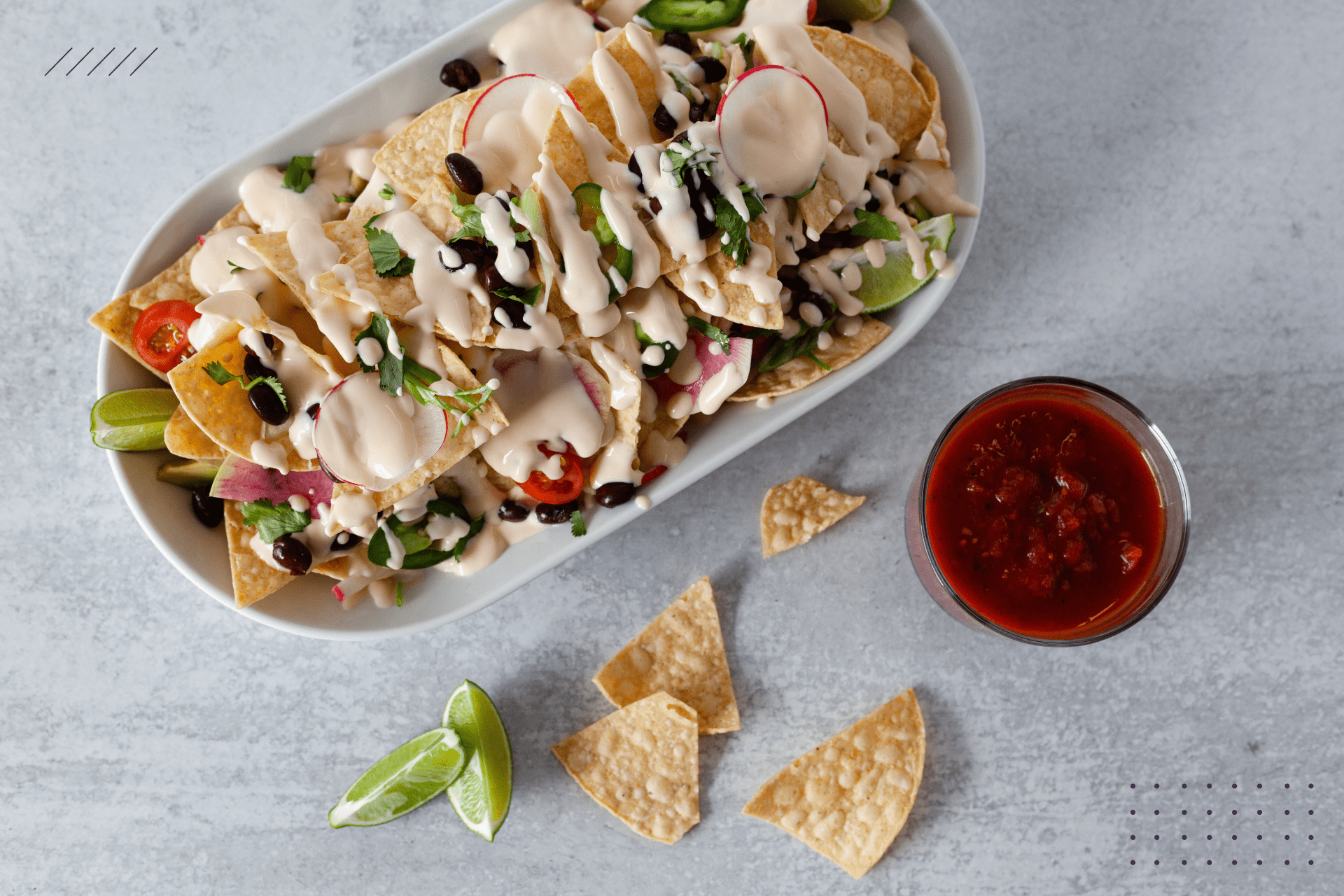
A 2018 study published in Science found that meat, aquaculture, eggs, and dairy collectively use 83% of the world’s farmland and contribute between 56 and 58% of the global food system’s total greenhouse gas emissions. This, despite supplying only 18% of total calories and 37% of protein for the world’s current human population.[2]
Our ecological accounting isn’t only about cutting back on greenhouse gas emissions, though. Animal agriculture is a leading cause of biodiversity loss and deforestation, clearing natural habitats and carbon stores to make way for feed crops stretching as far as the eye can see. The opportunity cost of animal agriculture is enormous when we consider emissions on one hand, and on the other, carbon we could further remove from the atmosphere if we allowed farmland to rewild with forests, grasslands, and native fauna.[3]
Animal-free whey protein production emits far less greenhouse gas and uses a fraction of the land, energy, and water required for conventional dairy farming operations. If we care about climate change and biodiversity, then it’s critical to explore all possible solutions within the food industry. Today, precision fermentation offers a new way of producing dairy — among other products[4] — that doesn’t rely on animals for the foods that delight and nourish us. It’s all in service of feeding people while preserving the planet.
4. Animal-free supply chains make good business sense.
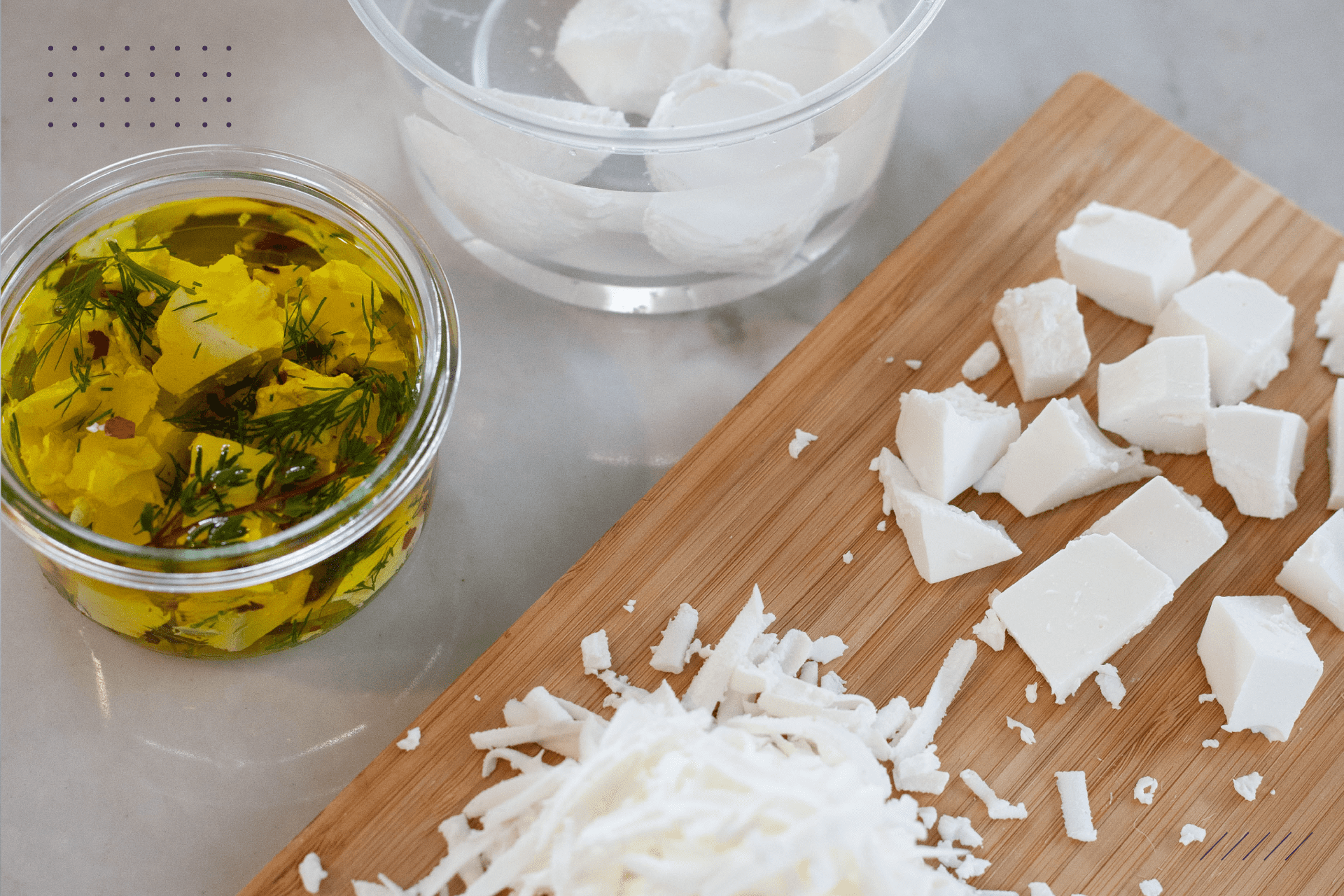
Many regions of the world rely on dairy imports because they don’t have the land or resources needed to sustain local production at commercial scale. By investing in animal-free processes like fermentation to make nutritious dairy foods, governments can bolster regional food security, promote nutrition equity, and strengthen economies by producing dairy locally.
Besides, just as the planet can’t wait, neither can consumers! Every day we hear from food makers whose customers are clamoring for kinder, more sustainable options. Animal-free dairy offers a solution that fits seamlessly into existing food manufacturing processes. By working with food companies across the globe to bring delicious, animal-free products to market, we are helping to build a next-generation supply chain to provide nutritious, scalable options for consumers around the world.
Perfect Day is committed to building a more agile, resilient food system. We believe that partnering with existing leaders in the food industry is the right path to the greatest impact, on the shortest timeline.
Dairy is tasty, nutritious, and offers unique culinary versatility. Really, it’s a perfect food! But the way it has traditionally been produced is not so perfect.
To address big, global challenges, we have to think creatively and work together. That’s why, alongside food and dairy companies, we’re pioneering a new animal-free category that delivers wins all around: for people, for animals, for planet, and for business.
- Page, James et al. (Eds.). (2004). Reference manual for U.S. whey and lactose products (3rd ed.). The U.S. Dairy Council. thinkusadairy.org/resources-and-insights/resources-and-insights/product-resources/reference-manual-for-us-whey-and-lactose-products
- Poore, J. and Nemecek, T. (2018). Reducing food’s environmental impacts through producers and consumers. Science 360(6392), 987–992. doi.org/10.1126/science.aaq0216
- Ritchie, Hannah. (2021, March 19). What are the carbon opportunity costs of our food? Our World in Data. ourworldindata.org/carbon-opportunity-costs-food
- Hughes, Lesley. (2020, March). The milk of human genius. The Monthly. themonthly.com.au/issue/2020/march/1582981200/lesley-hughes/milk-human-genius
We’d love to hear your thoughts!
Your email address will not be shared.
